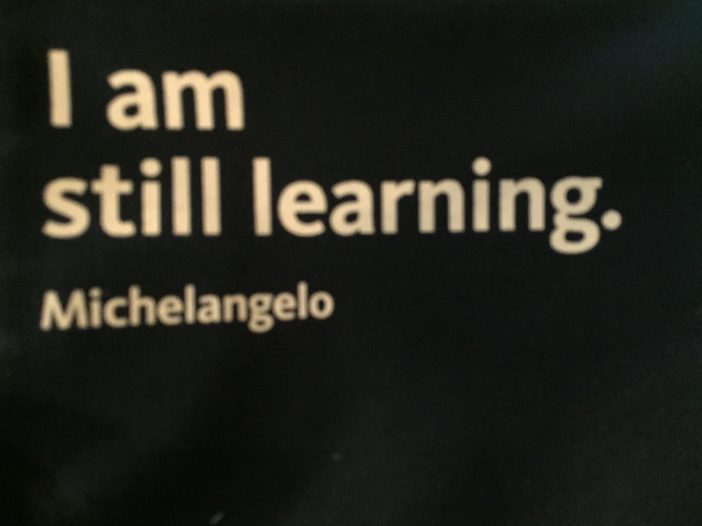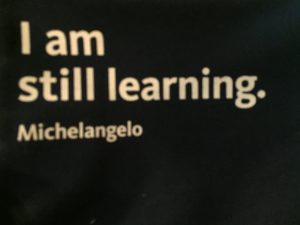
This post is about culture–how to create a culture where people want to work. Recently, I read The Culture Solution by Matthew Kelly–a good read. Hopefully, this blog post will encourage you to read his book. Culture matters and leaders need to create a healthy culture.
One of the management gurus I admire most is Peter Drucker who said, “Culture eats strategy for breakfast.” Culture is important because it influences how people feel, what they believe, and how they behave. It can be positive and healthy or negative and unhealthy–toxic.
Among the reasons culture is so crucial:
- It is the “glue” that connects people together or in the absence of a strong culture, people feel disconnected.
- It is the “invisible tapestry.” We may not see it, but we can feel it and it weaves people together. When the “threads” are not tight or broken, people do not feel connected.
- It is the “wind” in the organization. We can feel it, but we often can’t see it.
In a presentation, Nora Everett, former President of Retirement and Income Solutions and Chairman of Principal Funds PFG, described culture as the DNA of an organization made up of millions of “culture moments.” It is these small moments that speak volumes and influence how people feel and behave in organizations. While it is easy to think of culture as having free snacks, coffee bar, no dress code, unlimited vacation time, or bringing your dogs to work, these are nice perks. Google and Zappos gain notoriety for their perks which are part of their culture. But perks can be short-lived. Culture is deeper than the office building and what is in it.
Recently, I read The Culture Solution by Matthew Kelly, one of the experts on culture. “Dynamic cultures don’t just happen—they are built.” He agrees with Drucker on the importance of culture by adding, “Culture eats strategy for breakfast, lunch, and dinner!” Every employee hired affects the culture. According to Kelly, “sooner or later, every single person in any organization personally decides to advocate or abdicate the culture.”
It is essential to remember leadership is not about a position or a title. It is all about relationships – any relationship – and influence. Kelly shares a concept from which we can all benefit both personally and professionally. It was new to me and so powerful I wanted to share it. Kelly cites a study by psychologists John and Julie Gottman who are experts in the field of marriage and relationships. Based on the “Love Lab” they set up to observe couples, within a 24-hour period, the Gottmans can predict within 15 minutes and with 94 percent accuracy if the couple will stay married or divorce. Their prediction is based on just one indicator: the relationship between positive and negative interactions. They call this ratio the Positive Negative Ratio (PNR).
The Gottmans have determined that “couples with a positive-to-negative ratio of 5:1 in a 15-minute interaction are likely to stay together … You need five positive actions or interactions to even have a chance of making up for one negative event.” It is clear to see how this would impact any organization in the service industry where client/customer satisfaction is critical. As Kelly states, “culture is a collection of all relationships” within an organization. It is easy to think of customers as external, but internal ones as even more important. And most important, Employee satisfaction is a pre-requisite for customer satisfaction.
While Kelly shares details about how to build a dynamic culture, he says “the positive-to-negative ratio acts as a litmus test in so many aspects of our lives that involve a relationship.” He advocates applying the PNR to all of our relationships in the workplace and to our personal ones as well—spouse, significant other, children, friends, and even neighbors.
Our goal should be to create a positive experience in every interaction with everyone we meet. Try this and see if increasing your PNR increases job satisfaction, employee morale, and return on investment.
What do you estimate the PNR to be in your organization?
What can you do to improve it?
How could improving your PNR improve the personal relationships in your life?

